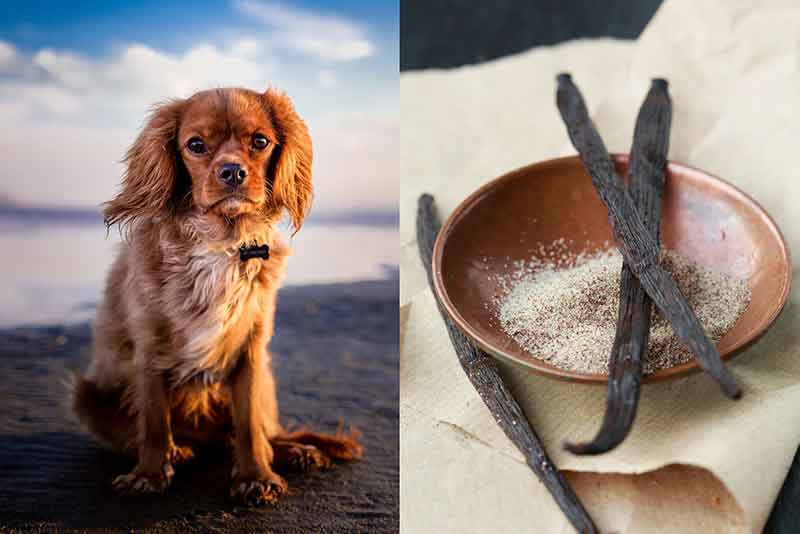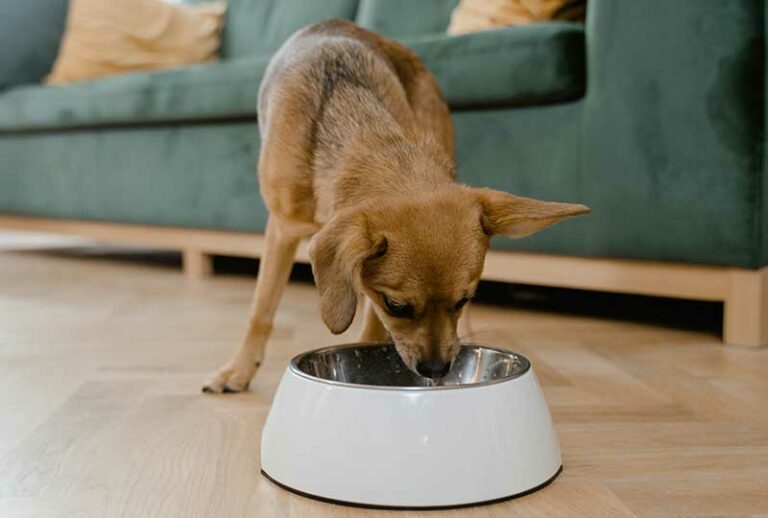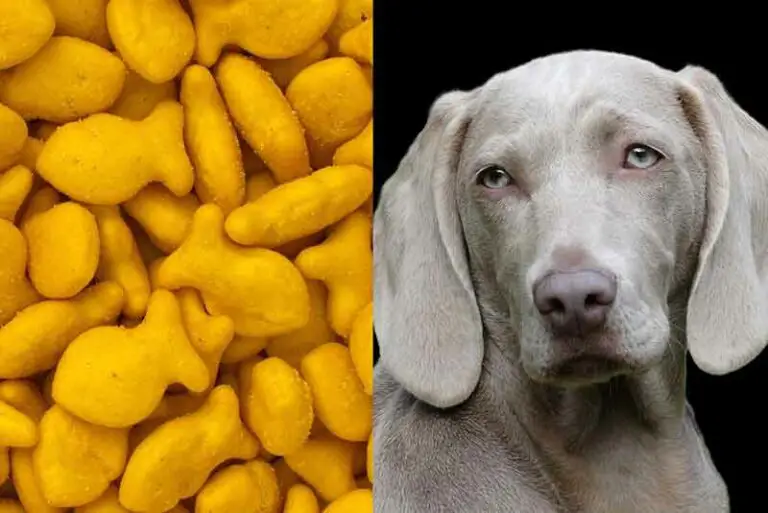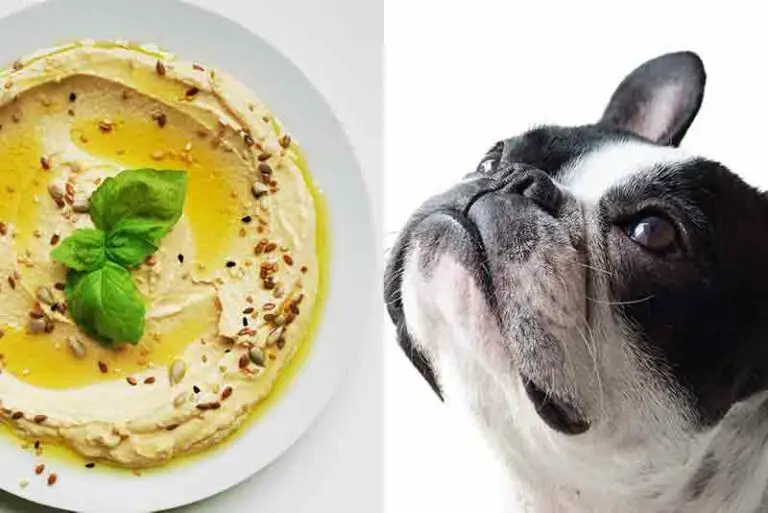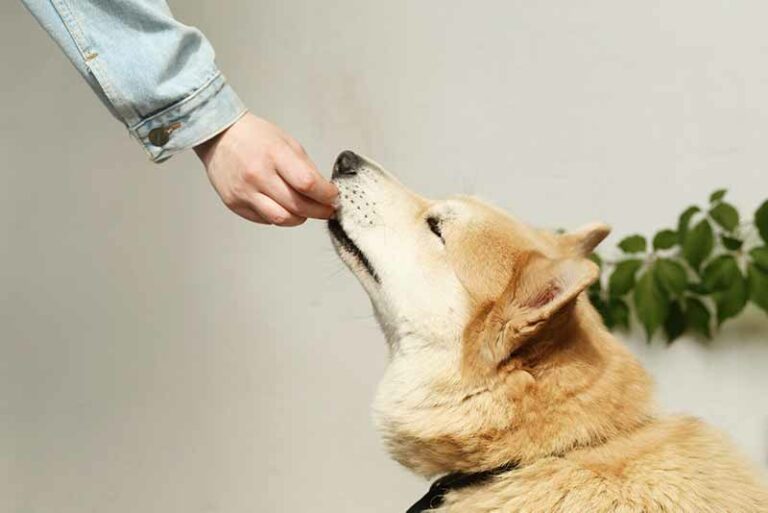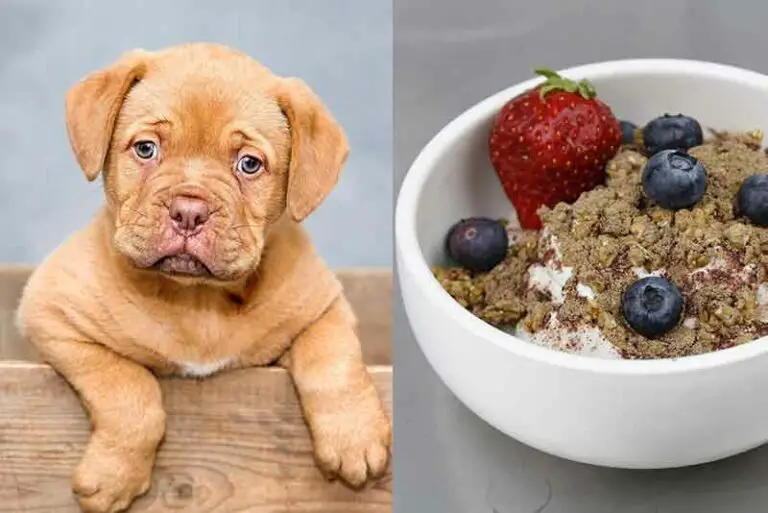Can Dogs Have Vanilla? Is It Safe To Eat Or Can Be Poisonous?
Dogs love to eat everything their owners eat, but sometimes dogs have allergies and toxicities due to some foods. Therefore, you should be cautious about the things your dog eats. In this consideration, ‘can dogs have vanilla’ takes a major place since People mostly eat Vanilla.
So, can dogs have Vanilla? Yes, they can. But wait! You can’t give every vanilla variety to your dog. It can cause severe damage, even death. Vanilla is a popular ingredient in many food types, and there are several vanilla varieties. Vanilla beans, vanilla powder, vanilla extracts, vanilla bean paste, vanilla essence, and flavorings are some of the varieties. Among them, vanilla extracts, vanilla essence, and flavorings are poisonous varieties to dogs. These vanilla extracts and essences are made by concentrating vanilla pods by adding alcohol or propylene glycol. Alcohol is highly poisonous for dogs. They are rapidly absorbed into dogs’ bodies and can cause severe damage.
Therefore, foods that include vanilla extracts or essences are not good for your dog. A large amount of them can cause severe damage and even death. Even though every variety of Vanilla is not poisonous for dogs, it is better to avoid every form of Vanilla from your dog since prevention is better than treatments. So, I recommend you prevent Vanilla for the well-being of your dog.
By reading this article, you’ll understand what Vanilla is and what the vanilla extracts are while identifying toxic vanilla types for your dog. Then, you’ll understand the answers for the matter, can dogs have Vanilla and the threat of them.
Then let’s consider the symptoms of vanilla poisoning and the steps you should follow when your dog has eaten Vanilla. So, if you are a dog owner, this article may be important for you. Keep reading.
What is Vanilla, and what are the extracts of them?
Vanilla is one of the popular ingredients commonly used in many foods. Vanilla is a plant that can be seen up trees and is known as the vanilla orchid.
The pod or the bean of the vanilla plant is used to make the vanilla ingredient, and there are different flavors. Madagascan bean can be highlighted as the most common vanilla variety, and after harvesting, vanilla beans are dried before use.
Vanilla can be added to food in different ways. Vanilla beans have tiny seeds and are dried and added to foods as natural flavoring. Then the vanilla powder is made up of vanilla beans, and they are a natural sweetener.
Vanilla extracts are popular among vanilla flavors. To make vanilla extract, vanilla pods are soaked in water and alcohol and leave for at least two months. It is a concentrated liquid form of vanilla variety used mostly for baking purposes.
By adding the vanilla powder to vanilla extracts, vanilla bean paste is created. Vanilla flavoring is made by soaking vanilla pods in propylene glycol, and it is somewhat similar to the extract.
These varieties of Vanilla are added to foods in several ways. Since they are common in many food items, it is good to observe the matter, “can dogs have vanilla.”
Can dogs have Vanilla?
As pet owners, we are well concerned about the things our dogs eat and their consequences. As we already discussed, Vanilla is a common ingredient that is included in many foods.
Therefore, considering the question of “can dogs eat Vanilla?” to measure whether there is any threat for your dog or not. Yes, your dog can have Vanilla without much issue, but some vanilla varieties are toxic for them.
Vanilla pod, vanilla beans, or vanilla powder have no threat to your dog. After eating those varieties, nothing will happen to them, and you don’t have to worry when your dog has consumed them.
However, vanilla extracts, vanilla essence, and flavorings are poisonous for dogs. Vanilla extracts contain approximately 35% of alcohol that is poisonous for dogs. There is a greater level of alcohol in vanilla essence and flavorings as well.
Even if your dog has consumed half of a small bottle of them, then it may be harmful to them. However, a small number of droplets won’t do much harm to your dog.
A few droplets of vanilla essence are added to prepare pastries, cakes, and other bakery items. Therefore, it won’t create much harm to your dog. However, since sugar contents are not good for your dog, it is better to avoid such pastries, sweets, and desserts for your dog.
Suppose your dog consumes vanilla-flavored products or vanilla extracts directly. In that case, it may face severe health issues, and sometimes a large amount can cause death as well.
It depends upon your dog’s age, weight, health condition, and physical fitness. The alcohol included in vanilla extracts and essence is the main poisonous component here.
Vanilla poisoning symptoms of dogs
So, can dogs have Vanilla? If it’s poisonous for dogs, how could you identify it? Imagine, if your dog accidentally or without your concern has eaten Vanilla, how could you know it? To identify the situation, you need to be aware of the symptoms of vanilla poisoning.
Especially the alcohols that are added to Vanilla are the poisonous substance in vanilla extracts and vanilla essence or flavorings. Even a small amount of alcohol too can cause threats to your dog, and they are rapidly absorbed and digested to the body.
Therefore, symptoms can be witnessed within 30-60 minutes from the eating of Vanilla by your dog. Here are some common symptoms that can be witnessed when a dog has eaten Vanilla.
- Breathing difficulties
- Vomiting
- Diarrhea
- Confusion
- Disorientation
- Lethargy
- Dehydration
- Improper heart rate
- Death
What to do if your dog has eaten Vanilla?
When considering whether dogs have Vanilla, we have identified its threat, and it is better to stay aware of the steps you should follow when your dog has eaten Vanilla.
Since a large number of vanilla extracts can even kill your dog, you should be well aware of the steps you should follow when you notice vanilla poisoning of your dog. Here are some steps that you can follow in such a situation.
- Identify what he ate
Before following precautions, you should first identify what your dog has eaten. Suppose it’s not toxic when your reactions to it will be useless. Therefore, first, identify whether your dog has eaten Vanilla or not.
Then, you have to clarify which vanilla variety it has eaten, whether it is vanilla beans, vanilla essence, vanilla extracts, or vanilla powder. After that, identify what food it ate and how much amount of Vanilla it included.
- Let him vomit
As an immediate step to reduce the harm, you can let your dog vomit the food they eat. Try to make it vomit and remove the toxic substances from its body. If you immediately recognize the things it has eaten and its toxicity, then letting it vomit is good to minimize the threat.
- Meet the vet
Then, since vanilla poisoning is a huge issue that can threaten the life of your best friend, when you notice that your dog has eaten Vanilla, you have to take it immediately to the veterinarian. Then, the vet will check and provide necessary treatments to your dog.
- Accurate information
Providing accurate information to the vet regarding your dog is essential to provide better treatments and reduce the effect. For that, you need to be much aware and cautious about your dog and the things they eat.
- Prevent Vanilla
Even though all varieties of Vanilla are not harmful to your dog, awareness and prevention are better than treatments. Therefore, try to avoid all forms of Vanilla from your dog, be aware of the foods that include Vanilla, and check the ingredients label before buying dog foods for your pet.
Conclusion
With the knowledge you gathered from reading the article, you are well aware of the vanilla varieties and their toxicity to dogs. Then you have understood that dogs can have Vanilla and which varieties are good and poisonous for them.
After that, you have identified the symptoms of vanilla poisoning of dogs and the steps you should follow in a situation of consuming Vanilla by your dog.
Since dogs have been our best friends for a long time, we need to be more concerned about them, and everything humans can eat is not good for dogs. Therefore, identifying their toxicity separately is needed for taking care of your four-legged furry friend.
Thank you for reading this post. I hope it answered your burning questions about your dog. Stay tuned with Jack Russell Owner for more interesting posts.

